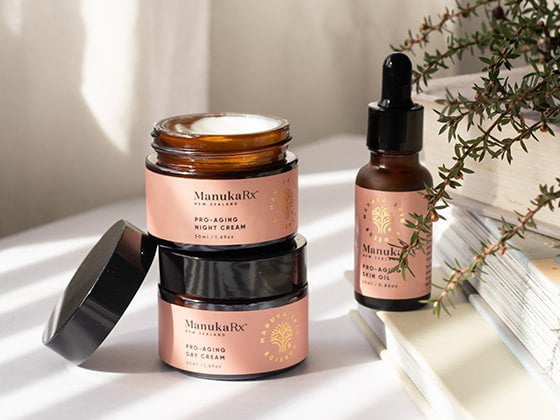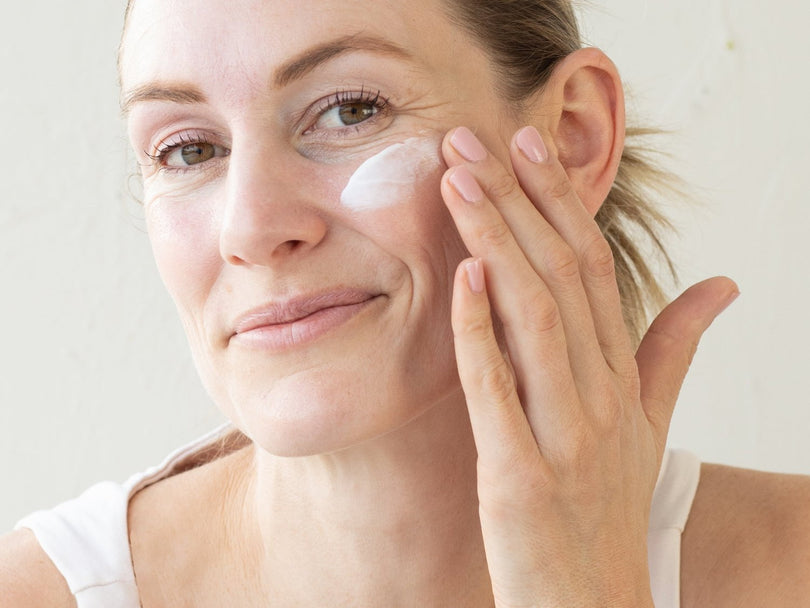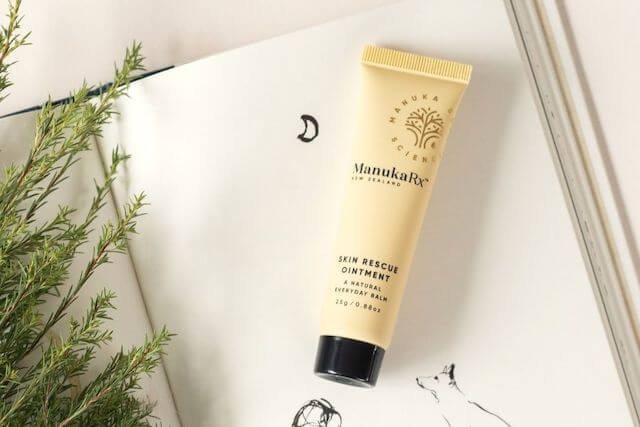
Once thought to be the cause of post-workout muscle soreness, lactic acid has received mixed reviews over the years. Research shows, though, that it can serve as an effective, all-natural disinfectant.
Here’s what you need to know about lactic acid and its antibacterial power.
Where Does Lactic Acid Come From?
Lactic acid is a by-product of anaerobic respiration. Bacteria produce it in the gut, and red blood cells and muscles deposit it throughout the bloodstream.
Lactic acid can also be commonly found in fermented foods like:
- Sauerkraut
- Yogurt
- Kefir
- Cheese
- Pickles
- Buttermilk
Is Lactic Acid Antibacterial and Antiviral?
Yes! Researchers tested and found promising antimicrobial results in lactic acid.
The research used fermented foods like glutinous rice dough, corn noodles, and chili sauce to isolate lactic acid bacteria and test them for their antimicrobial properties. Though susceptible to damage from high heat (over 65° Celsius), the bacteria were confirmed to have antiviral and antibacterial properties.
Moreover, a 2017 study found that certain lactic acid strains can help kill:
- Influenza A virus subtypes
- Common cold virus
- Various bacteria, including Streptococcus pneumoniae
How Does Lactic Acid Kill Bacteria?
Lactic acid bacteria produce the following antimicrobial substances:
- Acetic acid – The acid in white vinegar and a natural all-purpose cleaning agent
- Hydrogen peroxide – A non-toxic yet powerful disinfectant
- Antifungal compounds
- Bacteriocins – Antimicrobial proteins used in chemical-free food preservation
Because of this, lactic acid can inhibit the growth of dangerous microorganisms on foods, surfaces, and skin. Additionally, the bacteriocins produced by lactic acid can kill bacteria by disrupting the integrity of the cell membrane. Researchers theorise that these peptides are less likely to induce resistant strains of bacteria, thereby being a safe, long-term solution.
What Bacteria and Viruses Can Lactic Acid Kill?
Lactic acid is effective against gram negative bacteria, which are generally resistant against antibiotics and the body's immune cells. Using it without surfactants can inhibit the growth of the following:
- Salmonella typhimurium – A major pathogenic bacteria that cause food poisoning
- Escherichia coli – A bacteria found in contaminated food that can damage the lining of the small intestine
The United States Environmental Protection Agency (EPA) listed lactic acid as an active ingredient in disinfectants that are effective against the following viruses:
- Rhinovirus – A virus that causes the common cold
- Certain types of human coronavirus
- Feline calicivirus – A virus that causes a respiratory infection in cats and is highly contagious, though it cannot be passed to humans
How You Can Take Advantage of Lactic Acid Wherever You Are
Because lactic acid is antibacterial and antiviral, some companies have started using it in eco-friendly disinfectants like Sani-Cide EX3 and Windex Multi-Surface Disinfectant Cleaner.
You can also find lactic acid in hand sanitisers. It’s fragrance-free and contains moisturising and anti-aging properties that make it an ideal ingredient for non-drying hand sanitisers for everyday use.
To keep your hands clean and moisturised, you can try an all-natural, alcohol-free lactic acid hand sanitiser like the ManukaRx Alcohol-Free Hand Sanitiser.
Antibacterial products, like lactic acid, can also protect and heal your skin from acne breakouts. Check out our selection of blemish-fighting cleansers, toners, and moisturizers.







2 comments
Alkenethiol
Re: Eddie
Lactic acid does appear to be effective and neutralizing SARS-CoV-2 virus. But to be safe, i would let any spray you use that has it to sit for a few minutes before wiping. This coronavirus is particularly robust under normal conditions. But once the threshold for stress is reached, its protein coat pretty much falls apart completely and it can no longer infect anything.
If you’re looking to avoid harsh chemicals, lactic acid treatment followed by a wipe with soap and as warm water as you can handle will neutralize all the virus on a non-porous surface.
Re: Eddie
Lactic acid does appear to be effective and neutralizing SARS-CoV-2 virus. But to be safe, i would let any spray you use that has it to sit for a few minutes before wiping. This coronavirus is particularly robust under normal conditions. But once the threshold for stress is reached, its protein coat pretty much falls apart completely and it can no longer infect anything.
If you’re looking to avoid harsh chemicals, lactic acid treatment followed by a wipe with soap and as warm water as you can handle will neutralize all the virus on a non-porous surface.
Eddie
Yes but does it kill SARS-2 that causes Covid-19?
Yes but does it kill SARS-2 that causes Covid-19?